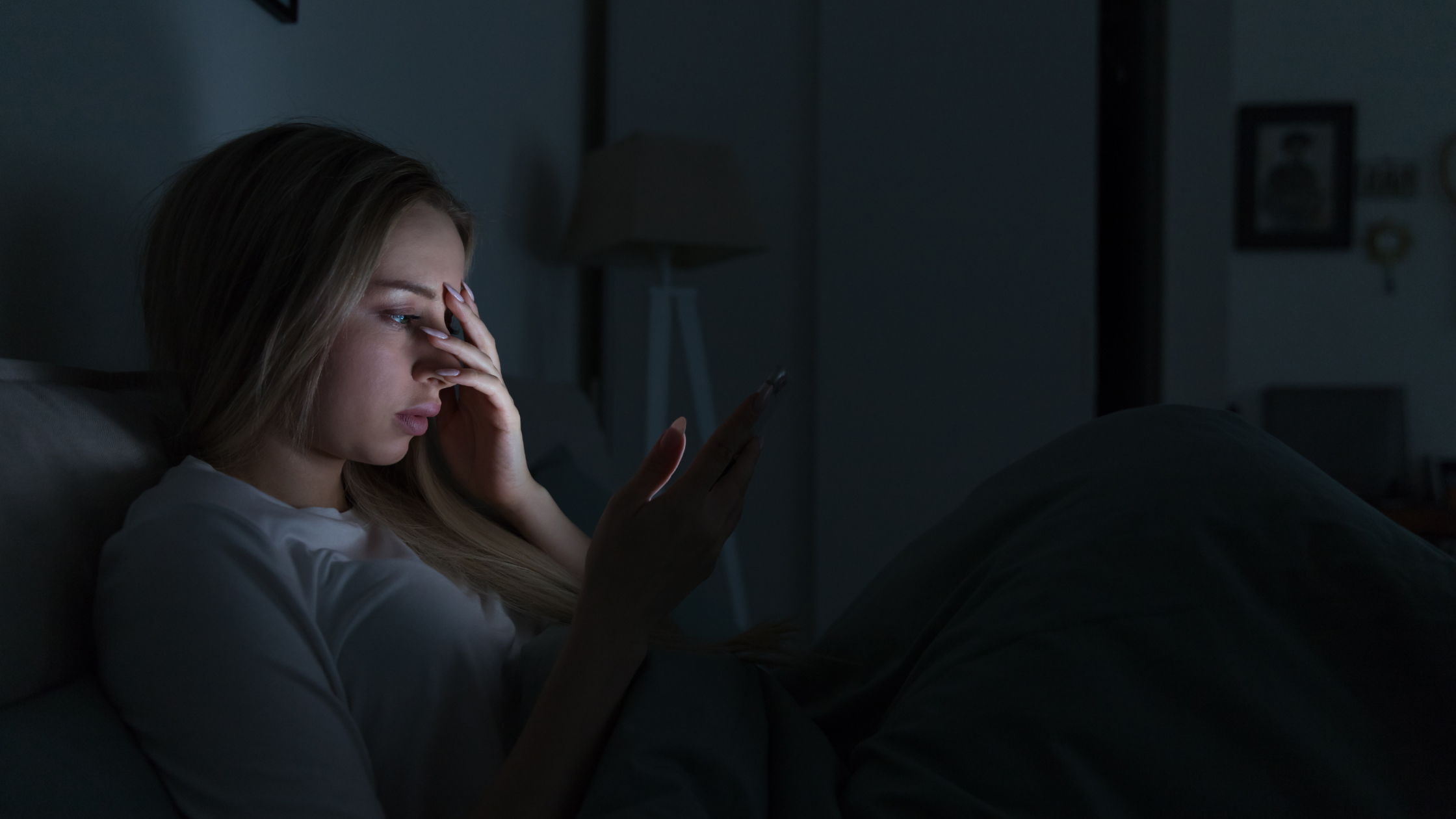
Have you ever woken up and had a text on your phone that you swear you didn't send? This is called sleep texting, and most of the time it's harmless. However, there are other times when you might have sent something that you absolutely didn't mean to!
Sleep texting is often a situation where the text is prompted. This means that you received a message, and in your sleep, responded to it. It's almost automatic as your brain responds to an incoming notification while you're asleep in the same way that you would when you're awake.
Although you can absolutely send a message in your subconscious, more than likely, it's not going to be very intelligible. Sleep texting is most likely to affect those who sleep within close proximity to their phones. Continue reading to learn more about sleep texting and what you can do to avoid it if it's creating trouble in your life.
Causes of sleep texting
Behaviors during sleep are not uncommon. Sleep walking and sleep talking are types of parasomnias, or abnormal sleep behaviors. Sleep texting is not so different from these behaviors.
Parasomnias are associated with various phases of sleep, and can lead to different activities or behaviors. Those who act out their dreams have REM sleep behavior disorder, while those who sleep walk my do so in slow wave sleep.
Sleep texting might occur during a certain level of consciousness, however, there is no research exploring when it occurs throughout the night, or which parts of the brain are engaged when it happens.
A study found that up to 10 percent of participants reported waking up because of their cell phones at least a few nights per week. These disturbances, depending on when they are, could be the reason that a state of consciousness is triggered.
Sleep texting may also have a genetic component as those who have a family history of sleep disorders are at increased risk of parasomnias. Parasomnias are more common in children, so when they happen in adult hood, they may be triggered by an underlying condition.
Underlying conditions could include a sleep-related breathing disorder, like sleep apnea, medications, like anti-psychotics, or antidepressants, and substances abuse, including alcohol. Other health conditions like restless leg syndrome or gastroesophageal reflux disorder (GERD) could disrupt your sleep.
Preventing sleep texting
Sleep texting normally is harmless, however, you may have situations where it is awkward and can create an issue. Therefore, if you're seeking help for sleep texting, you can try a few tricks like these:
- Turning your phone off or putting it on do not disturb
- Turning off sounds and notifications
- Leaving your phone outside of your bedroom
- Avoid using your phone an hour before bed
Even if you don't struggle with sleep texting, having your phone nearby can create an issue for sleep quality. Blue light emitted from phones can disrupt melatonin production.
The impact of cell phones can be even more detrimental on teens and children. Not only does this increase their exposure to potential bullying and inappropriate online activities, but can also disrupt their sleep which is already hard to come by at their ages.
Removing the phone from the room does more than just decrease your risk of sending an embarrassing text. It also helps you get good sleep which is vital for your overall wellbeing. Click the orange button below to take a free online sleep test and talk with one of our sleep health professionals as soon as possible.
https://www.healthline.com/health/sleep-texting#summary

